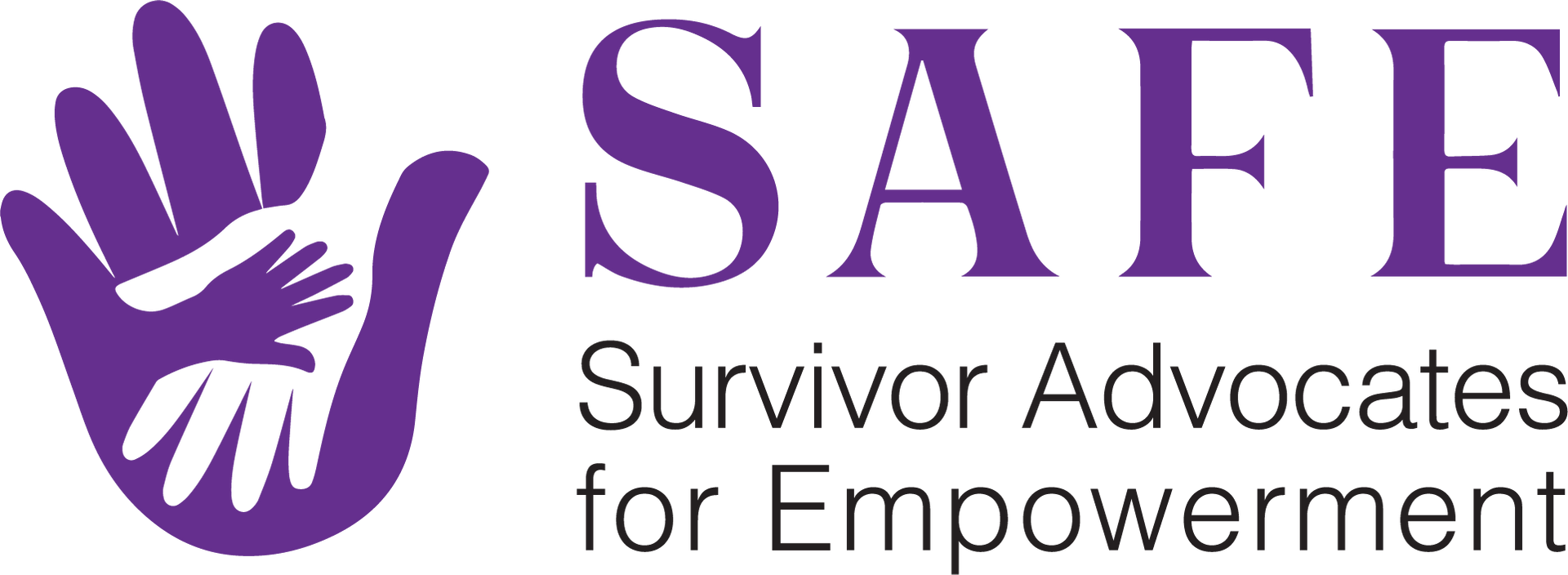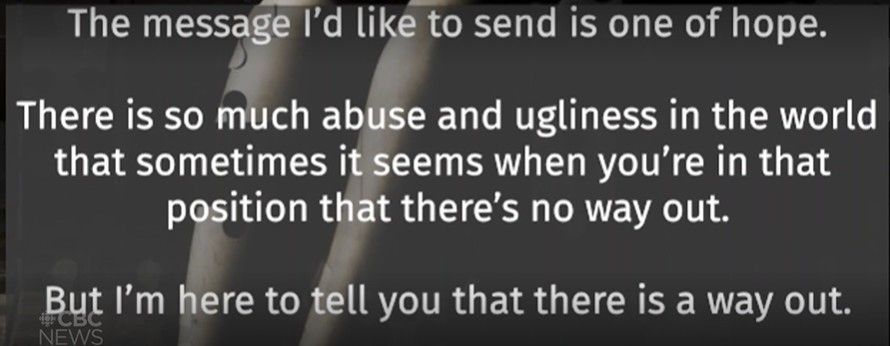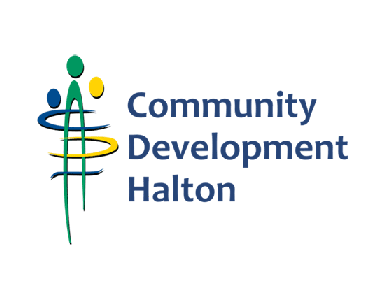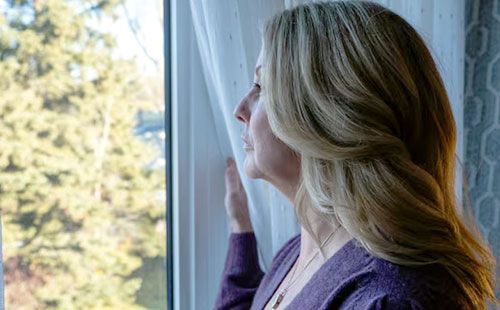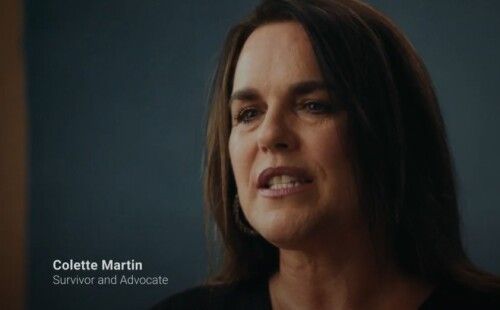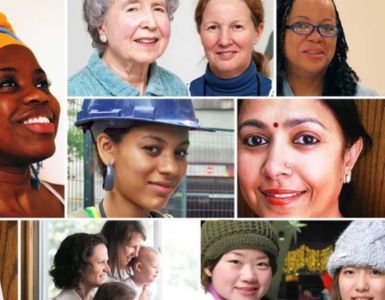We’re facing a tough time right now. If you’ve found your grocery bills spiking, your rent rising faster than your paycheque, or you’re watching friends and loved ones get laid off or downsized — you’re not alone.
Across Canada and globally, we’re heading into another period of economic hardship. Inflation remains stubbornly high. The cost of living outpaces wages. Interest rates are squeezing families, and economists are warning of an upcoming recession. Meanwhile, international trade tensions and tariffs are creating instability in global markets, which has ripple effects right here at home — from job security to household budgets.
These kinds of financial stresses affect everyone, but they don’t affect everyone equally.
One of the painful truths we must talk about — and why we do what we do at SAFE — is this: times of economic uncertainty often lead to increases in gender-based violence (GBV), domestic abuse, and intimate partner violence.
This isn’t fear-mongering. It’s what the data, history, and lived experiences tell us — over and over again.

Financial Stress and Abuse: The Hidden Connection
When money is tight, tensions rise. Stress becomes a daily companion in the home. For individuals already in vulnerable or abusive relationships, this can make a bad situation even more dangerous.
Research shows that domestic violence often increases during economic downturns. Job loss, housing instability, and rising costs can lead to increased conflict, emotional volatility, and loss of control — all risk factors for violence in the home. In some cases, financial dependence traps victims in abusive relationships, making it harder to leave.
Abuse is never caused by money problems — abusers choose to abuse. But economic hardship creates the perfect storm: it escalates risk, reduces options for escape, and adds additional barriers for survivors.
For women, girls, non-binary folks, and marginalised individuals already at higher risk of GBV, these financial realities can be life-threatening.
So What Can You Do?
If you’re reading this and you’re in a situation where you feel unsafe, scared, or unsure — first, know that you’re not alone. And it’s not your fault. Ever.
At SAFE, we believe in walking beside you. Not leading you. Not judging you. Just being here, survivor to survivor, every step of the way.
From our experience, here are a few things to consider if you're worried about your safety during these hard times:
If You’re in a Vulnerable Situation
- Document things if it's safe to do so — texts, photos, journal entries. These can be useful if you ever need to seek help or protection.
- Create a safety plan — this includes identifying safe rooms in the house, people you can trust, and knowing exits.
- Pack a “go bag” with essentials: ID, keys, medications, important documents, phone numbers, some cash if possible.
- Reach out to someone — a friend, a trusted colleague, or us. Even if you’re not ready to leave, you don’t have to carry this alone.
- Keep some independence where you can — a private email, a small bank account, safe transportation options.
If You’re a Survivor Looking for Help:
- SAFE’s peer support is survivor-led — we understand because we’ve been there. We offer confidential, non-judgemental companionship from people who get it.
- You don’t need to explain or justify your choices — whether you’re still in the relationship, thinking about leaving, or long gone but still struggling with the trauma.
- There are no conditions to our support — we never turn anyone away. Gender, race, background, or beliefs don’t matter. We are here for YOU.
- We can help you connect with community resources — including housing help, legal aid, therapy referrals, food access, and more.
Visit our website for more information:
www.survivor-advocates.org
Why SAFE Matters — Now More Than Ever
SAFE was built by survivors, for survivors. And while the systems around us may shift or struggle, our commitment doesn’t waver.
We are not bound by bureaucracy, red tape, or policy limitations. We are not led by fear of liability or optics. We are led by lived experience, compassion, and deep understanding.
In hard times, traditional support systems can become overwhelmed, underfunded, or difficult to access. Waitlists grow. Services shrink. Victims fall through the cracks.
That’s why SAFE is needed more than ever.
We step in where others can’t or won’t. Whether it’s peer support, help navigating the justice system, or simply someone to sit with you in the hard moments — we are here. Warm. Honest. Experienced. And present.
Our entire model is built on empowerment, not control. We believe you. We honour your story. And we walk beside you — at your pace, on your terms.
Final Thoughts
Economic challenges will come and go — but your safety, your life, and your voice matter always.
If you’re struggling right now — emotionally, financially, or physically — please reach out. You are not a burden. You are not alone. You are not invisible.
And if you’re someone who wants to help — we welcome you too. Join our community. Volunteer. Donate. Share our work. You don’t need to be a survivor to care.
At SAFE, we believe healing is possible. Change is possible. And no one should have to face this journey alone.
Let’s get through these hard times — together.
Some References
Canada
- Economic Stress and Increased Domestic Violence Risk (2020): During the early months of the COVID-19 pandemic — which caused widespread job losses and financial instability — Canadian shelters reported a sharp increase in demand for services, despite some victims being unable to physically leave their homes.
A survey by Women’s Shelters Canada found that 82% of shelters reported seeing more severe cases of violence, and 37% reported an increase in the number of clients.
https://endvaw.ca/wp-content/uploads/2020/11/WSC-Shelter-Voices-2020-1.pdf - Canadian Centre for Justice and Community Safety Statistics (2021): Their data noted a correlation between household financial strain and risk of intimate partner violence (IPV). Financial dependence, economic control, and housing insecurity were listed as prominent barriers for survivors trying to leave abuse.
https://www150.statcan.gc.ca/n1/pub/85-002-x/2021001/article/00016-eng.htm
Ontario
- WomanACT Submission to Ontario's Task Force on Women and the Economy (2021): Cited that financial insecurity is both a risk factor and a barrier for survivors of GBV. During periods of economic downturn, survivors often return to or stay with abusers due to lack of financial options.
https://womanact.ca/wp-content/uploads/2021/08/WomanACT-submission_Ontarios-Task-Force-on-Women-and-the-Economy_July-30-2021.pdf
Halton Region
While not a quantitative correlation, the report acknowledged that job loss and financial pressures during the pandemic were significant triggers for domestic violence escalations. Shelters saw changes in the severity and complexity of cases. - Halton Women’s Place (2020 Annual Report)
https://haltonwomensplace.com/wp-content/uploads/2020/07/Halton-Womens-Place-Annual-Report-2020.pdf
These statistics highlight the intricate link between economic hardship and GBV, emphasizing the importance of sustained support and resources for survivors, particularly during financially challenging times.
